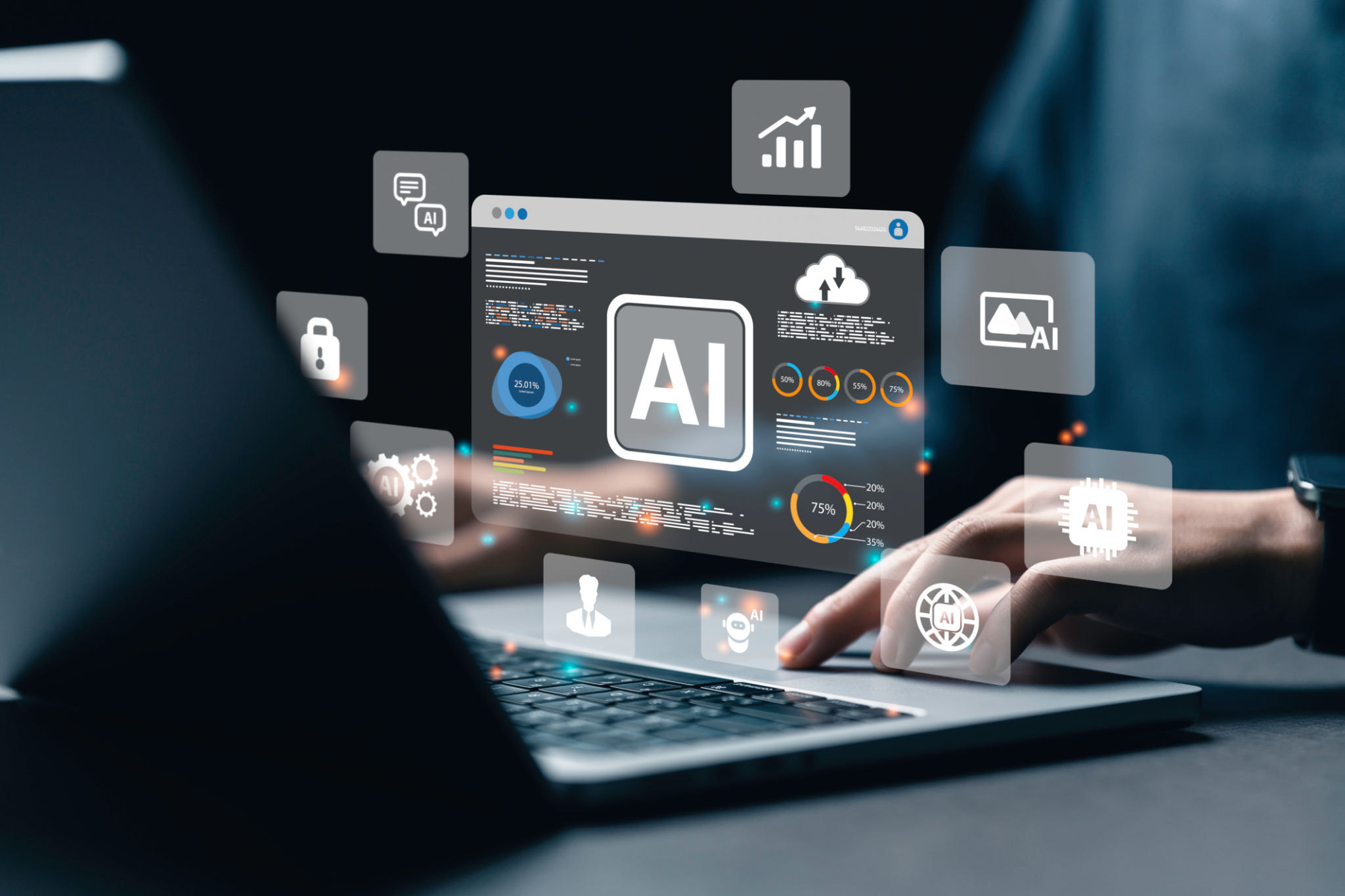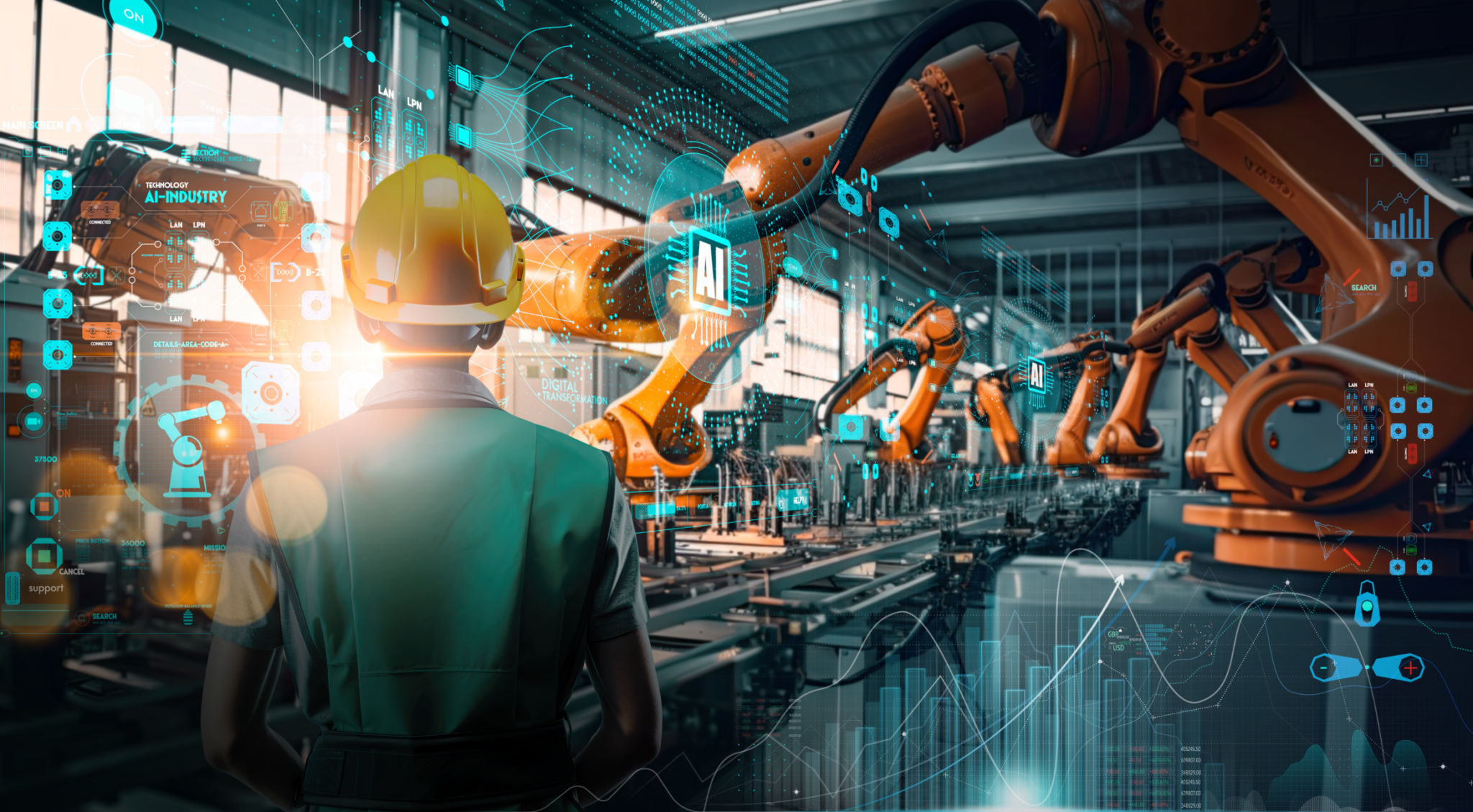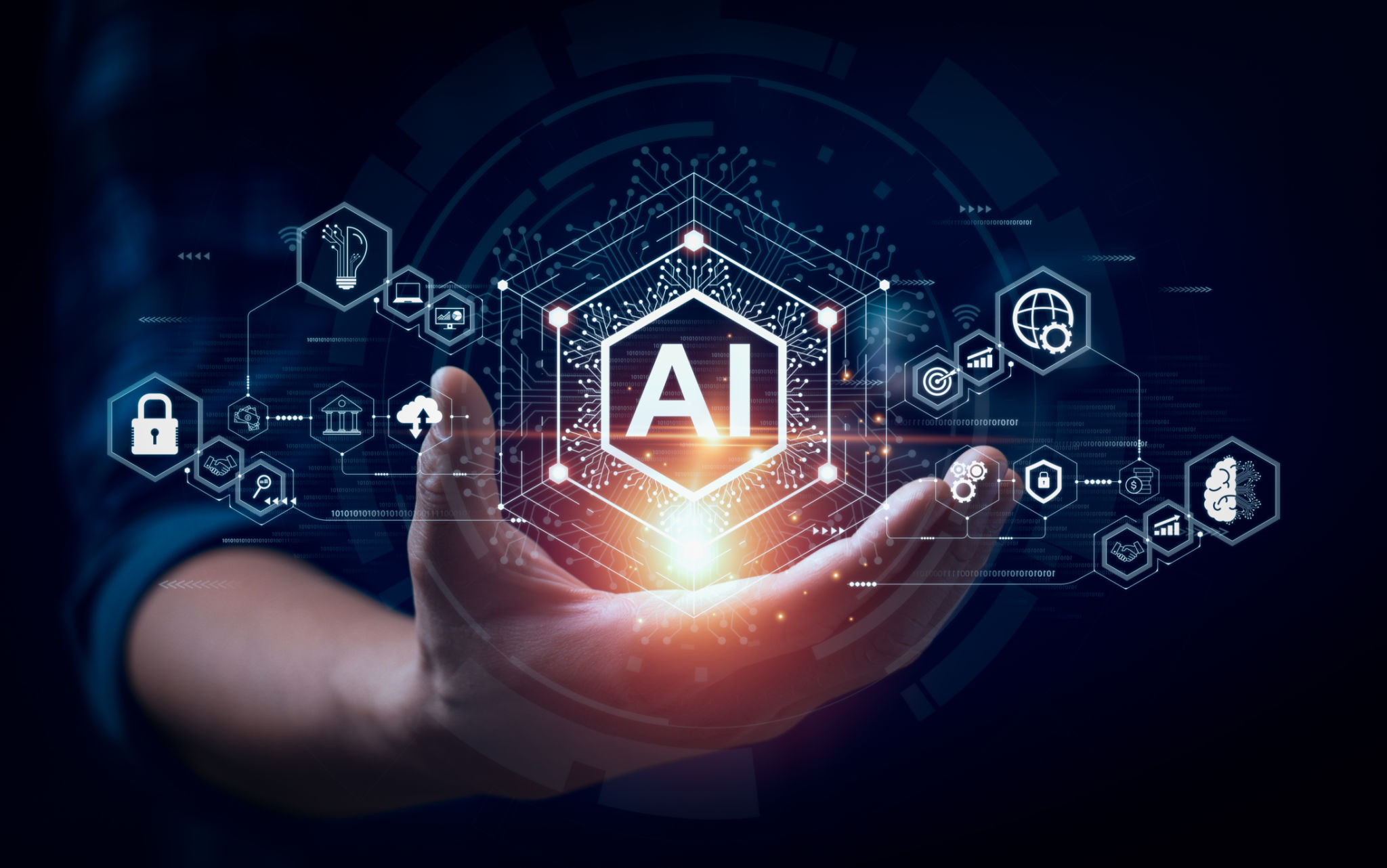The Future of Customized AI: Tailoring Solutions for Business Success
The Rise of Customized AI
In recent years, artificial intelligence has evolved from a futuristic concept into a practical tool for businesses across various sectors. As companies strive to maintain a competitive edge, the demand for customized AI solutions that cater to specific business needs has increased significantly. Tailoring AI to fit individual business models not only enhances operational efficiency but also drives innovation.
Customized AI allows organizations to harness the power of data analytics, machine learning, and automation in a way that aligns with their unique goals and challenges. This approach shifts the focus from generic AI applications to more targeted solutions that can offer substantial benefits, such as improved decision-making processes and enhanced customer experiences.

Key Benefits of Tailored AI Solutions
One of the most significant advantages of customized AI is its ability to address specific business pain points. By designing AI systems that meet the particular demands of an organization, companies can achieve a higher return on investment (ROI). Here are some key benefits:
- Increased Efficiency: Tailored AI solutions streamline processes by automating repetitive tasks, freeing up human resources for strategic activities.
- Enhanced Customer Experience: Personalized AI-driven interactions can lead to better customer satisfaction and loyalty.
- Data-Driven Decision Making: Customized AI tools provide actionable insights that help businesses make informed decisions.

Industries Transforming with Customized AI
Various industries are already reaping the rewards of implementing customized AI solutions. In healthcare, AI is being tailored to improve patient diagnosis and treatment plans. In finance, bespoke AI systems help in fraud detection and personalized financial advising. Retail businesses use AI to analyze consumer behavior and optimize inventory management.
The potential for AI customization is vast, with applications ranging from supply chain optimization in manufacturing to personalized learning experiences in education. As technology continues to advance, the possibilities for tailored AI solutions will only expand, offering new opportunities for businesses to innovate and grow.

The Role of Collaboration in AI Customization
Effective customization of AI requires a collaborative approach. Businesses must work closely with AI developers and data scientists to ensure the solutions designed are aligned with their strategic objectives. This collaboration involves understanding the intricacies of the business model, identifying key challenges, and defining success metrics.
Furthermore, ongoing collaboration is crucial as businesses evolve and new challenges arise. Regular updates and refinements to the AI system help maintain its relevance and effectiveness, ensuring it continues to deliver value over time.
Challenges in Implementing Customized AI
Despite its numerous benefits, implementing customized AI is not without challenges. One major hurdle is the integration of new AI systems with existing infrastructure. Businesses must ensure that the transition is smooth and that employees are adequately trained to work alongside new technologies.
Additionally, data privacy and security concerns must be addressed, as customized AI systems often rely on sensitive business data. Establishing robust data governance frameworks is essential to protect against potential breaches and maintain trust with stakeholders.

The Future Outlook
Looking ahead, the future of customized AI appears promising. As technology continues to evolve, so will the capabilities of AI systems tailored for specific business needs. Innovations in machine learning algorithms and data processing will enhance the precision and effectiveness of customized solutions.
In conclusion, the ability to customize AI offers businesses a powerful tool for achieving success in an increasingly competitive market. By aligning AI strategies with business objectives, organizations can unlock new levels of efficiency, innovation, and growth.
